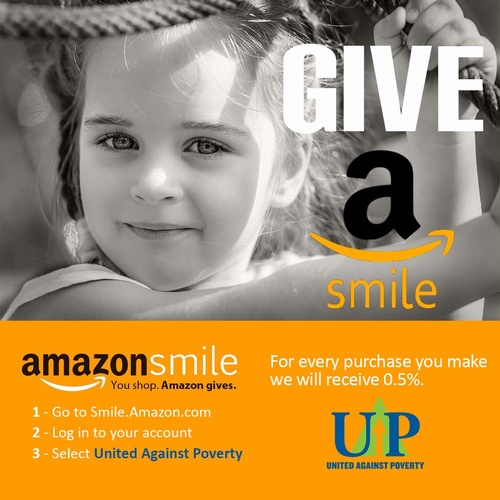

“Evicted: Poverty and Profit in the American City.” Evicted: Poverty and Profit in the American City, by Matthew Desmond, Thorndike Press, 2017, p. While this is not a solution to the larger issue of poverty in Central Florida, it is an area that we need to dedicate more time, research, and program funding in order to ensure housing stability among those most vulnerable in our community. “One in two recently evicted mothers reports multiple symptoms of clinical depression, double the rate of similar mothers who were forced from their homes… Suicides attributed to eviction and foreclosures doubled between 20, years when housing costs soared.” (298) Keeping individuals and families in their existing housing reduces mental health issues related to housing as well as encourages employment stability among low-income renters. While many of these families may be able to lean on family or friends for additional assistance, may “double-up” their housing with another family, and may eventually find their own housing options, keep in mind the dishevelment that comes in other parts of life due to eviction. Housing insecurity is caused by high rent rates paired with low income and the financial “curve balls” that come when living paycheck to paycheck.īy providing additional resources to assist families with emergency rental assistance, we could greatly reduce the amount of families experiencing temporary homelessness. But one area we are weak in is homeless prevention. Our shelters systems provide best practice, quality care with the limited resources available to them for emergency and transitional housing options. In Central Florida, we are doing a great job at coordinating the entry process for Permanent Supportive Housing and Rapid Rehousing, HUD funded programs designed for the chronically homeless and most vulnerable in our community. For the working poor, budgeting this much of your income towards rent and utilities does not leave much room for emergency situations. “Today, over 1 in 5 of all renting families in the country spends half of its income on housing” (33). The reasons are varied: lost employment, missed days at work due to sickness, rent increased, had a death in the family, an unanticipated medical bill. Each day, we receive phone calls and meet with individuals and families who are facing eviction. This is the number one situation we face here at United Against Poverty. As a result of their eviction, it took Tracy and her boyfriend two weeks of living in their van before relocating across the state and moving in with a willing friend. Facing the Central Florida heat in the middle of May was not something they were looking forward to. They also have friends in the area willing to hold some of their furniture and memorabilia as well as let them park in their drive way and use the restroom. Thankfully, Tracy and her boyfriend, who has cancer, have an asset that many in this situation do not have: a van. In Tracy’s case, being evicted took precedence over completing her new hire paperwork and she wasn’t able to even start her new job. If housing instability leads to employment instability, it is because the stress and consuming nature of being forced from your home wreak havoc on people’s work performance” (296). The likelihood of being laid off is roughly 15 percent higher for workers who have experienced an eviction.

“Eviction can cause workers to lose their jobs. She had come so far in a few short weeks and experiencing this set back would mean starting all over. She was involved in our Success Training Employment Program (STEP) and even had a part-time job offer when she received her 24-hour eviction notice.


Don’t pack more than one bag because shelters usually won’t allow more.” Speaking with Tracy over the phone was difficult. “Prioritize the things you always need accessible, like medications and identification documents,” I say over the phone in the most comforting way possible, “then get a suitcase or duffel bag and put the clothes that you wear most often. By Carla Cox, M.S., Programs Director, United Against Poverty Orlando


 0 kommentar(er)
0 kommentar(er)
